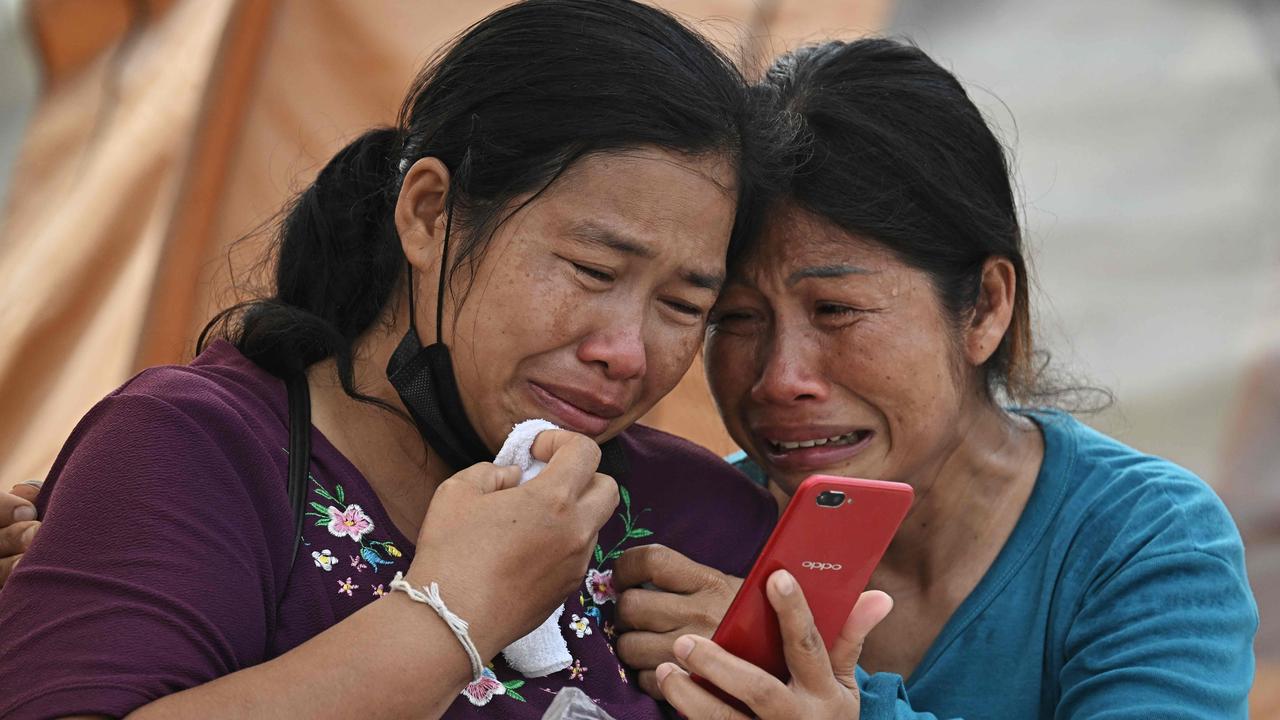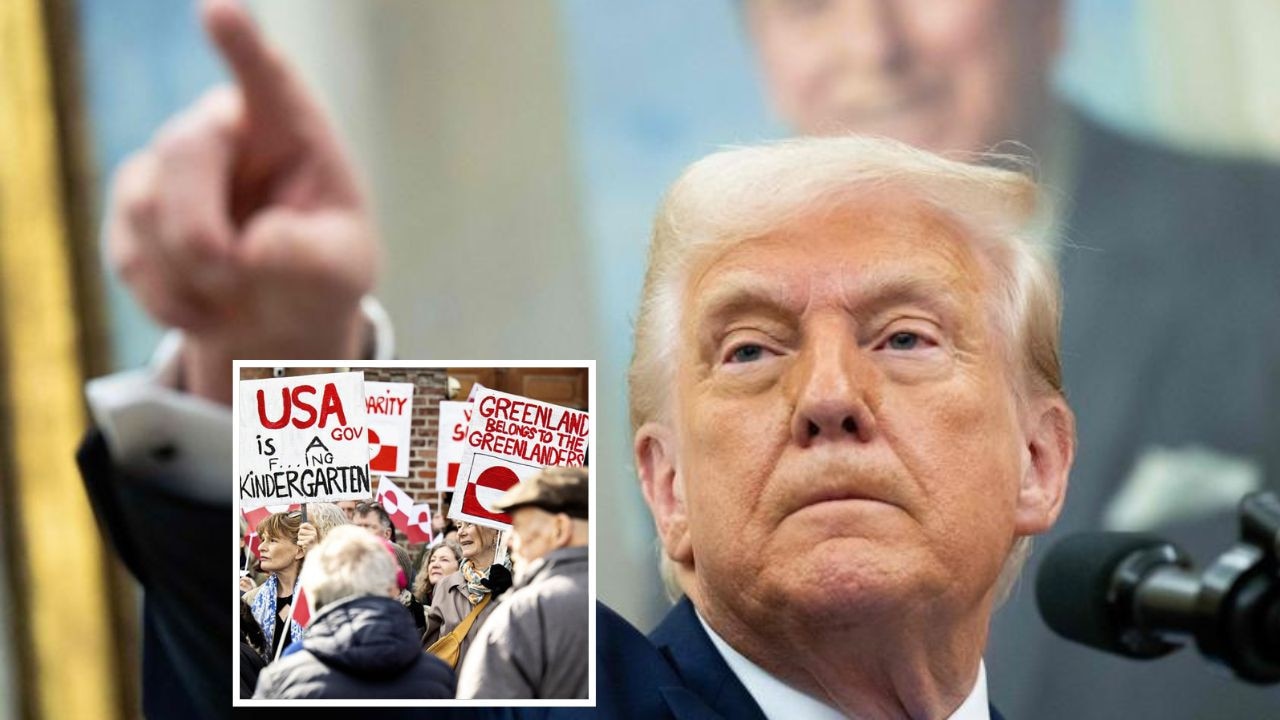Tom Minear: Why American democracy is under threat
In the battle between democracy and autocracy, America cannot rest on its laurels, argues Tom Minear.
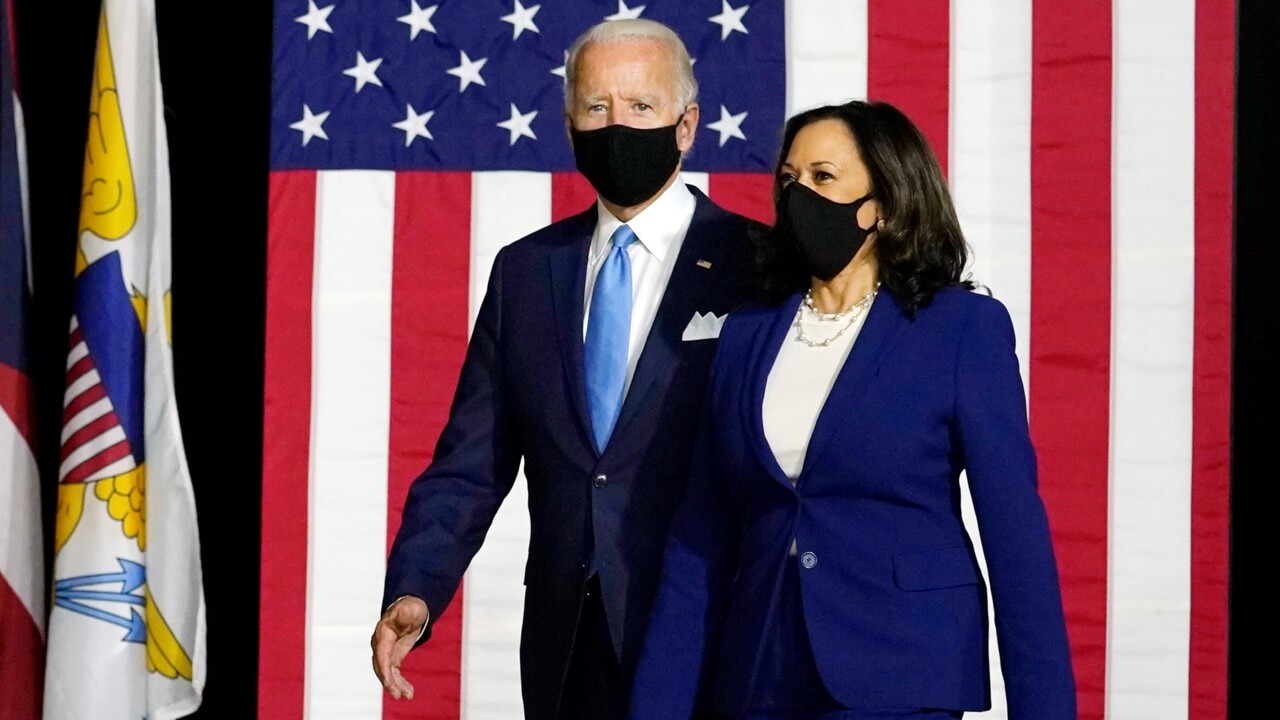
World
Don't miss out on the headlines from World. Followed categories will be added to My News.
Earlier this month, in unveiling America’s new national security strategy, Joe Biden hailed democracy as the key to prevailing over China and Russia.
“These competitors mistakenly believe democracy is weaker than autocracy because they fail to understand that a nation’s power springs from its people,” the President declared.
Biden’s problem – and ultimately Australia’s problem – is that one of the few things his people agree on is that American democracy is under threat. That weakness at home can only undermine the strength of the United States abroad.
In a poll published by the New York Times last week, 71 per cent of voters said American democracy was under threat, a view shared across party lines.
Their agreement did not extend to the causes of that threat, with Biden, Donald Trump, the federal government, the Supreme Court, the Electoral College voting system, the media and even postal voting all considered by a majority of voters to be a risk to democracy.
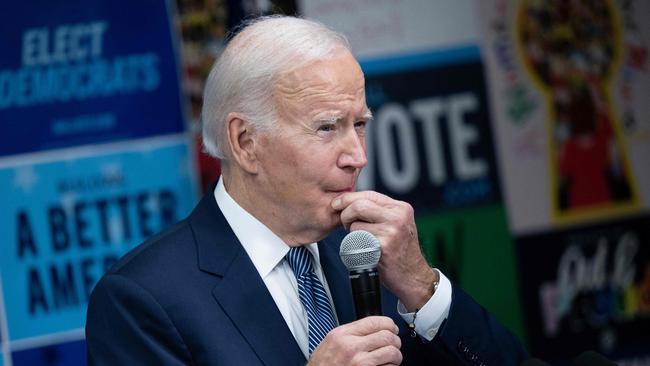
And with the US about to go to the polls for the midterm elections, 28 per cent of voters said they did not trust the results would be accurate. About the same number believed Trump was the legitimate winner of the 2020 presidential election, while 39 per cent said they would be comfortable now voting for a candidate who said that election was stolen.
In Biden’s security strategy, he acknowledged America’s democracy was “a work in progress”, especially at a moment of “passionate political intensities and ferment that sometimes tears at the fabric of the nation”.
Disagreement is crucial to democracy, of course, but so too is consensus – and that starts with election results.
That millions of Americans genuinely believe the lie that the 2020 election was stolen from Trump is what makes it so difficult to see how this paranoid polarisation can be overcome.
In Australia, we often take for granted the integrity of our electoral system. It is independently managed to ensure all voters can freely and fairly cast their ballots, leaving no room for politicians to gain traction by questioning the results. Postal voting is a threat only to our ability to buy a democracy sausage, not to the state of democracy itself.
In publishing its poll, the Times reported Americans were “remarkably apathetic” about the danger posed by the threat they agreed existed to democracy. Only 7 per cent said it was America’s most pressing problem, compared to 26 per cent who pointed to the state of the economy and 19 per cent who nominated inflation and the cost of living.
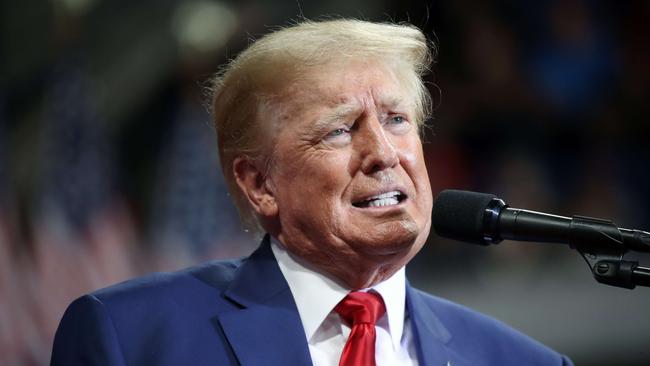
Talking to ordinary Americans, this does not seem like a question of apathy so much as reality. At 7 per cent, the threat to democracy was still ranked higher than healthcare, abortion rights, immigration, crime, guns and climate change. Americans care about this problem, but they seem either blind or resigned to the polarisation that is fuelling it.
To that end, one in two voters remarkably admitted someone’s political views told them at least a little about whether they were a good person, while a separate poll found two in three would be angry if the party they did not support took control of Congress at the midterms.
This is not normal, it’s not healthy, and it’s creating a slippery slope.
Rather than drawing a line in the sand, the January 6 insurrection has accelerated this instability. The majority of Republicans now up for election have questioned the 2020 results, with many running for state offices that would give them power to overturn future elections.
US news outlets are regularly writing about the prospect of a new civil war, after mentions of the phrase soared online in the wake of an FBI raid on Trump’s home. In the Times poll, 17 per cent of voters said America would need to “go outside the law to fix our democracy”, and 11 per cent of those believed that would require taking up arms or violence.
As an Australian, it is tempting to wave all of this off as though it does not affect us, safe in the knowledge that America’s divisions have not fractured the bipartisan consensus that has emerged on the Chinese Communist Party – the biggest threat to our shared existence.
But Trump has a blatant disregard for the democratic foundations of America’s security. Biden at least acknowledges those foundations need work, although he has so far failed to unite the US as he promised, while also needlessly alienating allies including by blasting his former UK counterpart Liz Truss’s tax policies.
There is no escaping the contrast with China, where Xi Jinping has this week ruthlessly tightened his grip on power, sweeping aside all but complete loyalists and obliterating long-term efforts to ensure leadership succession.
In the battle between democracy and autocracy, America cannot rest on its laurels.
More Coverage
Originally published as Tom Minear: Why American democracy is under threat




